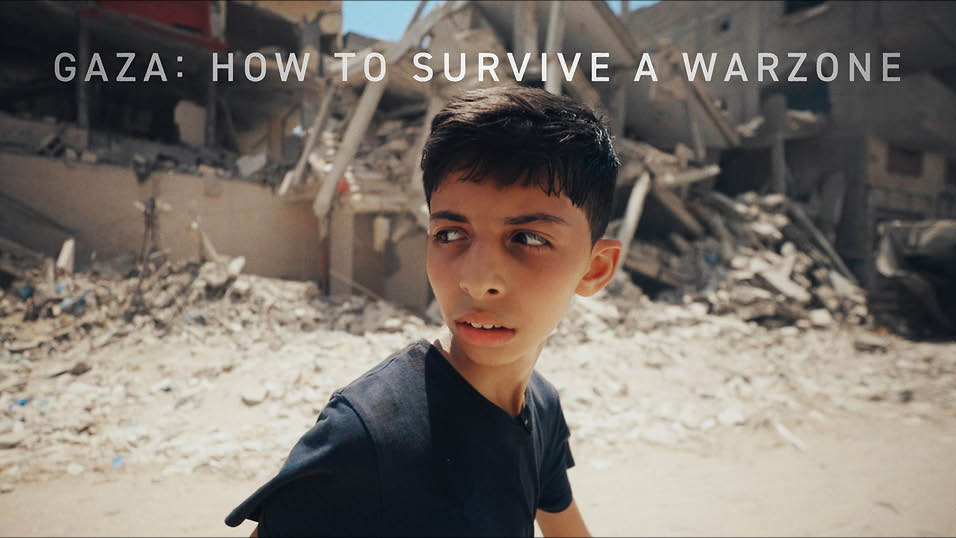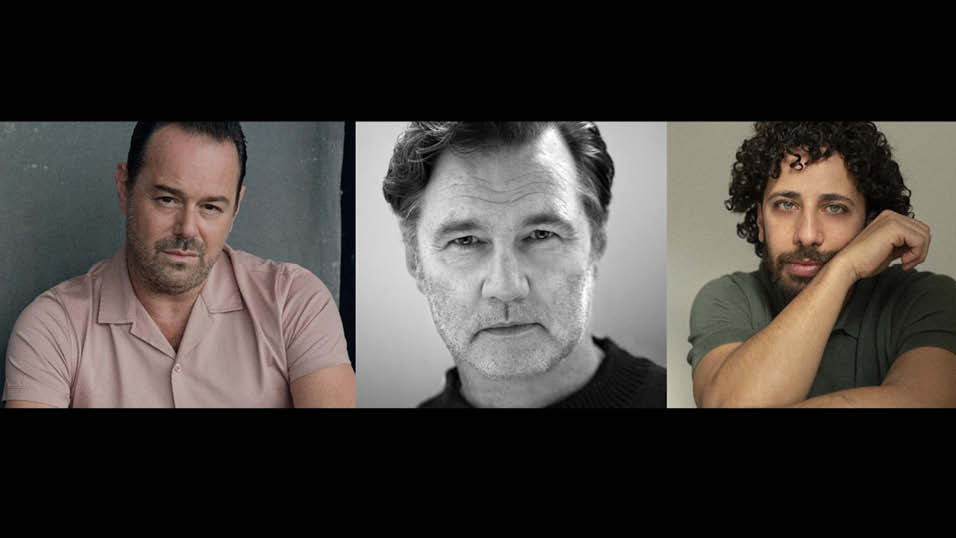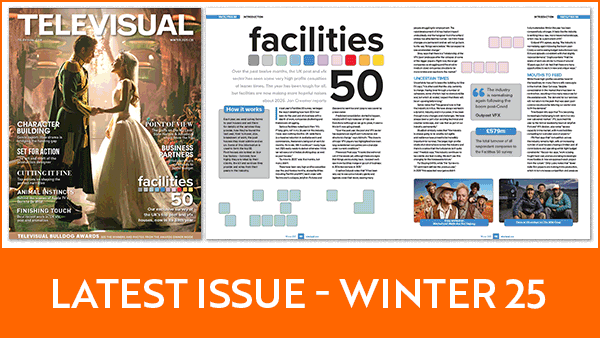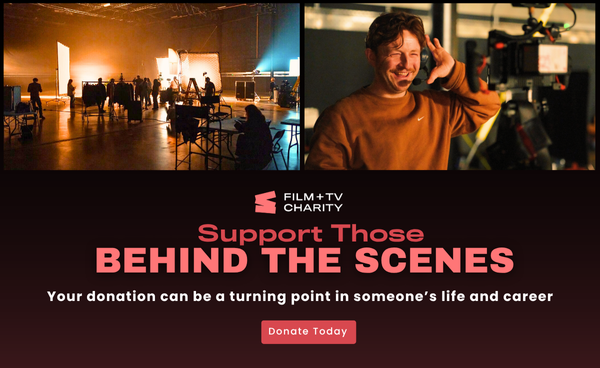The BBC has published the report into HOYO Films’ documentary Gaza: How to Survive a Warzone.
The film documented the lives of four young people living in Gaza as they try to survive the conflict and was co-directed by filmmaker Jamie Roberts (Ukraine: Enemy in the Woods, Escape from Kabul Airport, Four Hours at the Capitol) and Yousef Hammash, whose reportage on Gaza won a BAFTA and Emmy in 2024.
The doc came under criticism after it was revealed that the boy narrating the film was the son of a senior Hamas official.
The BBC report found that the programme breached one of the BBC’s Editorial Guidelines on accuracy, by failing to disclose information about the child narrator’s father’s position within the Hamas-run government.
The Review found no other breaches of the Editorial Guidelines, including any breaches of impartiality, and no evidence that outside interests “inappropriately impacted on the programme”. It added: “that careful consideration of the requirements of due impartiality was undertaken in this project given the highly contested nature of the subject matter.”
Peter Johnston, Director of Editorial Complaints and Reviews was asked to conduct a review into the programme after it was broadcast on BBC Two and BBC iPlayer in February this year, and then subsequently removed from BBC iPlayer.
Johnston’s review found that the programme breached Editorial Guideline 3.3.17 on accuracy, which deals with misleading audiences. His report describes the background on the narrator’s father as “critical information”, which was not shared with the BBC before broadcast. “Regardless of how the significance or otherwise of the Narrator’s father’s position was judged, the audience should have been informed about this,” his report says.
BBC Director-General Tim Davie says: “Peter Johnston’s report identifies a significant failing in relation to accuracy in this documentary. I thank him for his thorough work and I am sorry for this failing.
“We will now take action on two fronts – fair, clear and appropriate actions to ensure proper accountability and the immediate implementation of steps to prevent such errors being repeated.”
A statement from the BBC Board said: “We thank Peter Johnston for his work. His report is a comprehensive examination of a complex programme, the production of which spanned many months from concept through to broadcast – and is critical in laying bare the facts of what happened.
“Nothing is more important than trust and transparency in our journalism. We welcome the actions the Executive are taking to avoid this failing being repeated in the future.”
A statement from HOYO Films said: “We take the findings in Peter Johnston’s report on Gaza: How to Survive a Warzone extremely seriously and apologise for the mistake that resulted in a breach of the Editorial Guidelines. We are pleased that the report found that there was no evidence of inappropriate influence on the content of the documentary from any third party. We appreciate the rigorous nature of this investigation, and its findings that HOYO Films did not intentionally mislead the BBC, that there were no other breaches of the Editorial Guidelines in the programme, and that there was no evidence to suggest that the programme funds were spent other than for reasonable, production-related purposes. HOYO Films welcomes the report’s recommendations and hope they will improve processes and prevent similar problems in the future.
“We are working closely with the BBC to see if we can find an appropriate way to bring back to iPlayer the stories of those featured in the programme.
“Our team in Gaza risked their lives to document the devastating impact of war on children. Gaza: How to Survive a Warzone remains a vital account, and our contributors, who have no say in the conflict, deserve to have their voices heard.”
Staff Reporter
Share this story














